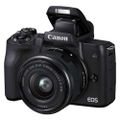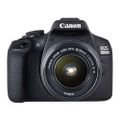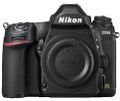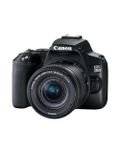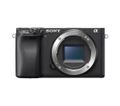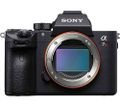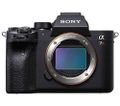Your Guide to Buying a Digital Camera
How do you choose a digital camera? What are the important specifications?





How do you buy a digital camera? What are the main factors that you need to check when buying one? What are the most important features? To know the answer to these questions, read this article as we will answer all questions and list the specifications of digital cameras.
In light of the technological advancements we are witnessing in the twenty first century, buying a camera does not require you to spend a large sum of money anymore. Capturing images and projecting them became easier as well since you no longer need a negative and photo development. How do you choose an appropriate camera from the many products in the market? What will you need to know to make the best decision? If you asked yourself these questions, we are about to answer you in this article.
Buying a digital camera became a bit more complex than before, especially since the market is filled with hundreds of types of cameras. Manufacturing companies now realize the dangerous situation they are placed in after the evolution of smartphones and their high resolution cameras. Therefore, they are continuously working on developing the resolution, definition, and many more factors.
When it comes to the principle and mechanism, a digital camera has the same principle as a classical camera; it captures images through a lens using the same mechanism. What differentiates a digital camera from the traditional classical camera is that it is more accurate, and it can store images on a memory that can be easily moved to a computer for processing.
We will now list the types of digital cameras – with their pros and cons – to help you make a smart decision when purchasing a digital camera.
Types of Digital Cameras and Main Features

The stores are filled with many types and models of digital cameras, and you might prefer one brand, but there are differences you need to know before making your mind.
Before listing each type’s specifications, we will quickly list the main features you need to check:
- Speed and Accuracy: What differentiates between a digital camera from a classical one is that: a digital camera gives you the ability to upload the image onto a computer instantly and with high accuracy. When in the classical camera, you need to develop the photo first and that process might take a full day to complete. And, if you need to upload them into a computer, you will need to scan each image separately. Thus, a digital camera will easily save you time and effort!
- Ease of Use: When using a classical camera, you will not be able to see the captured images until they are developed from the negative. While you can see the photos you captured before processing the image when using a digital camera if the camera has a screen (which is available in almost all types).
- Low Cost: A digital camera is twice to three times more expensive than a classical one. However, when thinking economically you will take into account future expenses. A classical camera need a negative film every time you use up the space, then you need to develop those negatives, this process takes more time and effort as well as being more expenses.
- Preserving the Environment: Capturing images with a classical camera and then developing them requires the use of chemical components. The films also have harmful chemical elements to the environment (not biodegradable), and therefore are harder to dispose. Therefore, using a digital camera is considered friendlier to the environment.
Types of Digital Cameras
- Point and Shoot – Compact Digital Camera
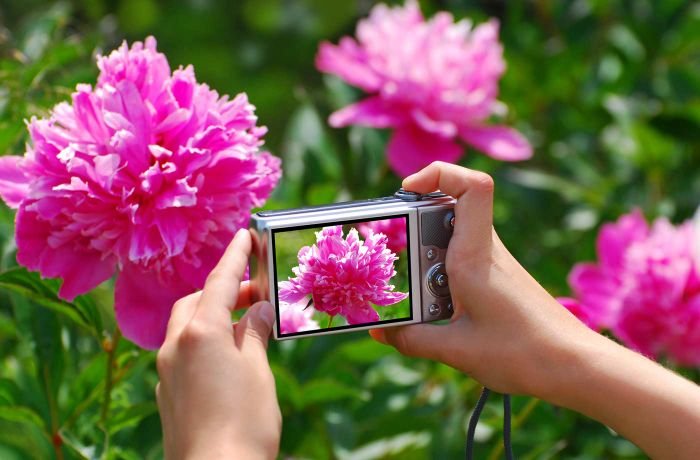
Point and shoot digital cameras can be divided into two main types: Compact Digital Cameras and Ultra-Compact Digital Cameras. What differentiates between these two types is only the size. A compact digital camera is suitable for beginner photographers and people who want to take normal images. It is also suitable for people who capture automatic images without setting the lens aperture and shutter speed (in a professional manner).
This type also has a flash allowing people to take images in dark places. It also has a 3x zoom in. It is also considered a limited options camera, it easy to carry, and has a normal resolution (unlike professional digital cameras).
You cannot add an additional flash to a compact digital camera and the lens is usually built it and cannot be adjusted for a better zooming result.
In many types the camera has a small screen enabling you to see the images before uploading them onto a computer and/or printing them.
When it comes to the price, this type is cheaper than the others.
We advise you to get this type if you are an average user and will not use it for professional purposes.
- Bridge – Advanced Digital Camera
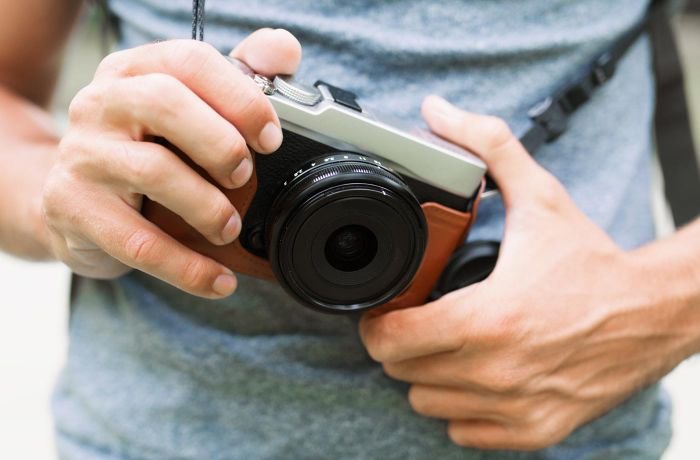
This is considered a more advanced type of digital cameras. It is also considered bigger with higher specifications when it comes to settings and options. Some models can zoom in to 7x more.
It has a 2.5 – 3- inch screen (6.3 – 7.6 centimeters) to allow better inspection before uploading and printing. It also has more options regarding shutter speed and lens aperture.
An additional flash can be installed on advanced digital cameras and the lens can be adjusted for better zooming.
Although it costs more than a compact digital camera, its price is considered average.
If you are an amateur photographer and want to develop your talent, we advise you to get this type.
- Digital Single Lens Reflex Camera - DSLR

This type is listed under professional photographer’s cameras. The zooming is between 7x and 30x according to the type of lens used. The shutter speed and lens aperture can be manually controlled.
An additional flash can be added and changing lenses is possible in this type. Many people buying this camera practice using it to eventually get the hang of it.
It is the most expensive type.
We advise you to get this type if you are a professional photographer and want to capture high resolution images.
Summary
After determining the type of camera you want, you need to check other features that are suitable with your budget. These features include the number of pixels (it effects the quality of the image or the colored boxes that makes the image clearer).
A compact digital camera should have a resolution between 6 and 8 megapixels. The number of pixels in the other types will depend on your budget.
You can choose lenses for DSLR cameras depending on the type you prefer (as you can remove it and install another lens).
There are other features that can be present like supporting WiFi (directly connecting it to the internet), zooming amount, and focus and face recognition. These features will also affect the price.
Stay connected with Labeb.com for all the new information in the Tech World.
- [[PropertyDescription]] [[PropertyValue]]

